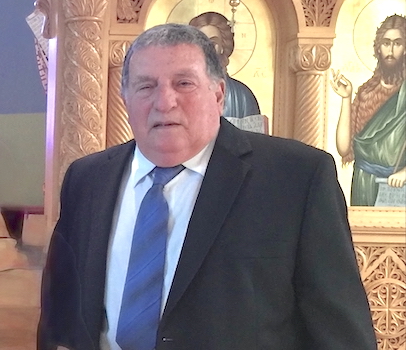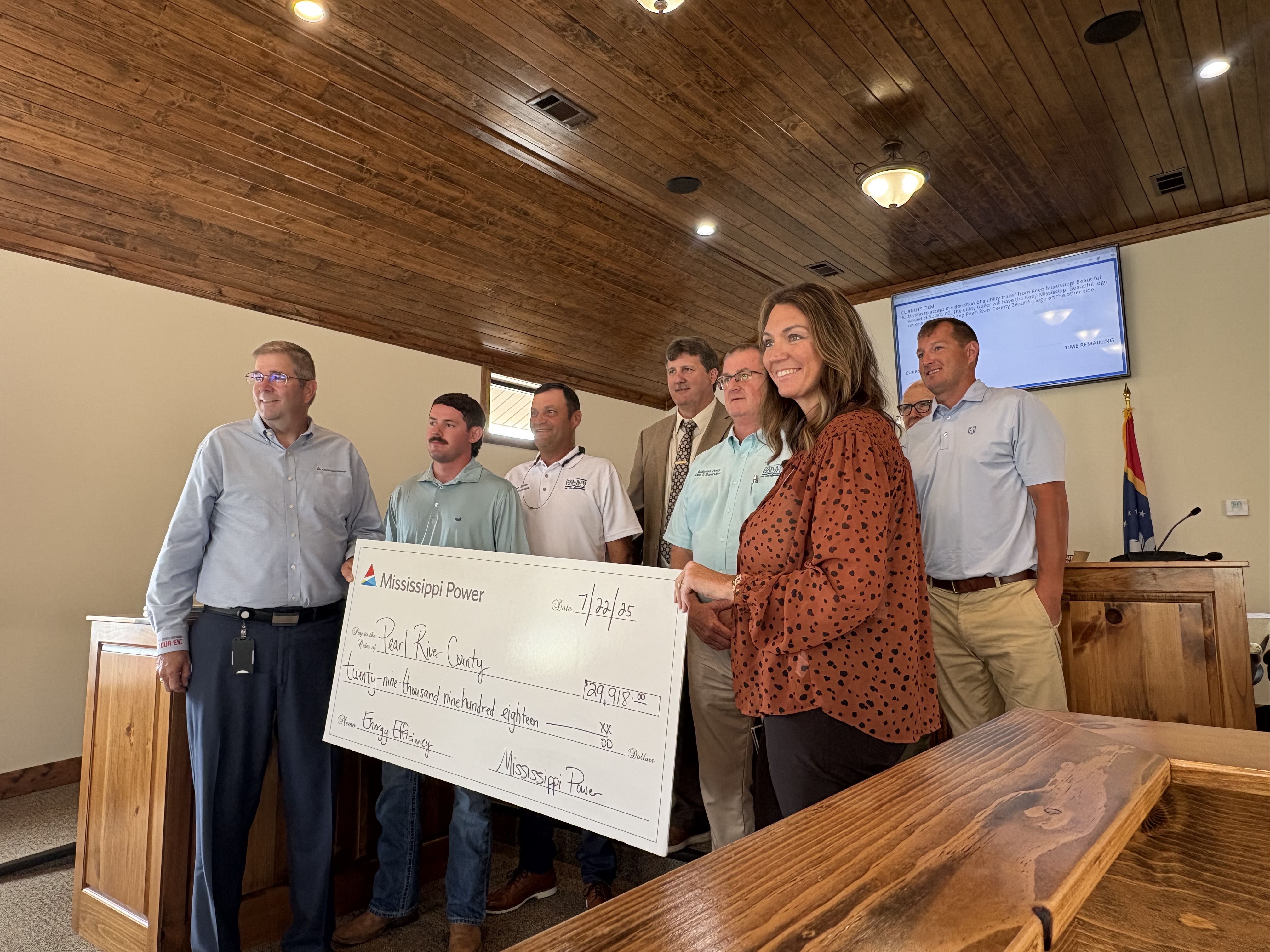Highland ups vaccine delivery
Published 7:00 am Friday, January 22, 2021
Highland Community Hospital has increased the number of COVID-19 vaccines its staff administers per day to a minimum of 100. But the wait list to be vaccinated at the hospital is full, so no new appointments were being added to the list as of Thursday.
Highland’s Director of Infection Prevention Katie Foulon recommends that anyone who is interested in being vaccinated at Highland call every two to three days to find out if space has opened up on the waiting list. When the state allocates more vaccines to the hospital, more spots will open on the waitlist. Between 700 and 800 people are currently on Highland’s waiting list.
On Jan. 11, the minimum number of vaccines being administered was 30 doses per day, but in a little under two weeks the hospital has ramped up the number of doses it administers and devoted more staff to administering vaccines, said Foulon.
Trending
Usually staff are able to administer more than the 100 doses, because sometimes vials of the vaccine contain an extra dose. However, the extra doses are sporadic. On Monday there was only one extra dose, but on Thursday there were already four or five found by noon.
When there are extra vaccine doses or someone cancels their vaccination appointment, the hospital calls the next person on the waitlist and asks them to come in that day. All of the vaccine doses in a vial have to be used within the same day.
Foulon recommends that anyone on the waitlist who gets a call from the hospital answer or call back right away.
“I wouldn’t want for them to miss that opportunity,” she said.
The hospital is pulling staff members from every department to help administer the vaccine, from ICU nurses to nurse educators, and soon nursing students will begin assisting too.
As of Thursday, the hospital has received 1,100 first doses and administered 760 of those doses. To be fully effective, both the Pfizer and Moderna vaccines require two doses. Second doses are the same medication but counted as a separate inventory, to ensure that everyone receives the second dose of vaccine that they need. The hospital will begin administering second doses on Jan. 26.
Trending
As of Jan. 21, 138,780 people in Mississippi have received the first dose of a COVID-19 vaccine and 13,595 have been fully vaccinated with two doses.
In a press briefing held Thursday, State Health Officer Dr. Thomas Dobbs said that there are 37,000 first doses of the COVID-19 vaccine coming into the state every week, which are immediately sent to locations to administer. The majority of those vaccines are sent to drive-thru vaccination sites. Routinely, 30,000 doses are going to drive-thru sites, while the remaining 7,000 go to healthcare partners like hospital systems and local clinics.
While people will receive the same medication for their first and second dose, the state allocates them separately to make sure everyone receives their second dose.
“If you had a first dose, there is a planned allocation for you to get your second dose,” said Dobbs.
The 37,000 also does not include the vaccines being administered at long term care facilities such as nursing homes.
The state opened its 19th drive-thru vaccination site on Thursday, said Senior Deputy and Director of Health Protection Jim Craig.
Dobbs said that since the state changed its strategy for vaccine eligibility to include healthcare workers, and people 65 and older and people with chronic medical conditions, it means a significant portion of people qualify to receive the vaccine. Now an estimated 1.3 to 1.4 million people in the state qualify for the vaccine.
Dobbs said there appears to be a racial disparity in who is getting vaccinated in the state. Only 17 percent of the vaccinations are going to Black people, while they make up 37 to 38 percent of the state’s population. Dobbs said the Health Department is trying to alleviate vaccine hesitancy by building trust within the Black community by meeting with historically Black college and university leaders, pastors and political leaders. The state is also conducting a trust survey, which has already had over 10,000 responses.
Dobbs said that a steady supply of vaccines cannot be promised to any of the healthcare partners at this point and there is a natural bottleneck for vaccine production. “We’re not going to see a doubling of vaccine availability anytime soon, so I do want to temper expectations that it’s going to take a while to increase vaccine supply,” he said.





